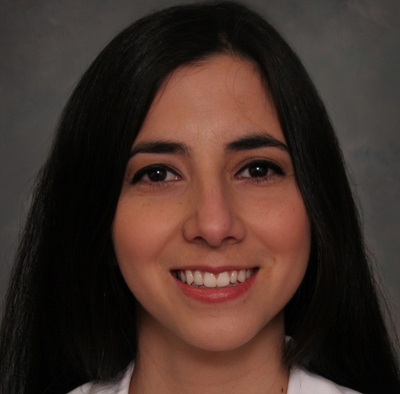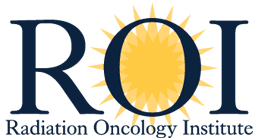Malika Siker, MD

Why did you choose to support the ROI?
As a resident at the Medical College of Wisconsin, I was introduced to the ROI through faculty members Dr. Colleen Lawton and Dr. J. Frank Wilson. They gave a presentation on the ROI to our Department. I was very inspired by the foundation’s mission to strategically fund education and research on radiation therapy. ROI is the safeguard for the future of our field.
In particular, why did you choose to support the ROI as a member-in-training?
Every year, our resident group would contribute funds toward a holiday gift for our Chair (then Dr. Wilson) and Program Director (then Dr. Lawton). Knowing their dedication to the ROI, making a donation in their honor to the ROI seemed like the perfect gift. We were able to express our gratitude to them for our education while ensuring the future of our field. They were most appreciative.
What benefits do you see to supporting the ROI early on in your career?
One of the goals of the ROI is to keep the field of radiation oncology a high priority for research and education in an environment where funding is continuing to decrease. The ROI advocates and provides funding for research and education in areas of need we define for ourselves through the National Radiation Oncology Research Needs Assessment. No other organization does this. By contributing to the ROI early on in my career, I can ensure that radiation oncology will continue to have the funds needed to address the specific concerns of the field during my career and beyond. If we all waited until the later stages of our career to contribute, it may be too late.
Why did you decide to become a radiation oncologist?
My father was diagnosed with cancer when I was in medical school which drew me to the field of oncology. Having this personal experience gave me perspective on the great impact physicians can make in the clinic. I was fortunate to have excellent mentorship in medical school and residency to guide my current career in academic radiation oncology.
How do you envision the future of the field of radiation oncology? In what ways would you like to see it grow/evolve?
It is exciting to envision the future of the field of radiation oncology. We are blessed with wonderful leaders in the field who have a vision for mentoring the next generation. Through this guidance, we can continue to grow from the successes and learn from the failures of the past. New technologies are being developed in radiation treatment delivery. Additionally, systemic and targeted agents are being refined to control distant disease. In this environment, delivering highly conformal radiation therapy that maximizes local control and minimizes toxicity will be critical.
What advice would you offer to the next generation of radiation oncologists?
The next generation of future radiation oncologists should continue to be advocates for our field in any way that they can. Opportunities exist to do this on the local, national and international level. Giving to ROI is one way to accomplish this. I am grateful to be able to benefit the lives of my patients through radiation oncology. Supporting ROI will help to preserve this privilege for my generation and those to follow.
Dr. Siker is an Assistant Professor in the Department of Radiation Oncology at the Medical College of Wisconsin. Dr. Siker has been donating to the ROI since she was a resident.














